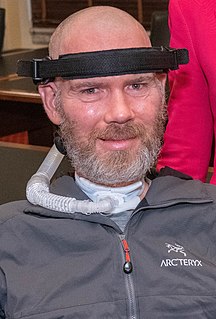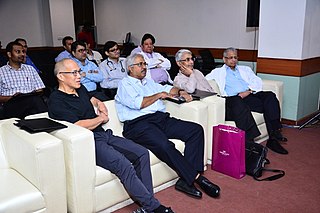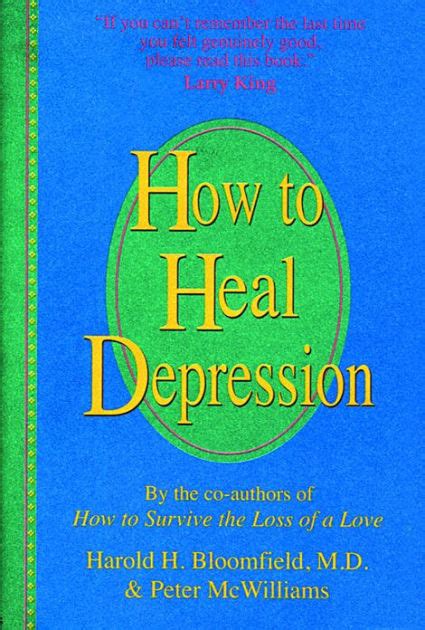A Quote by Richard J. Roberts
Hard as it is to imagine, there's a move afoot in Congress to take away the public's free online access to tax-funded medical research findings. That would be bad for medical discovery, bad for patients looking for the latest research results, and another rip-off of the American taxpayer.
Related Quotes
It is ironic that in the same year we celebrate the 50th anniversary of the discovery of DNA, some would have us ban certain forms of DNA medical research. Restricting medical research has very real human consequences, measured in loss of life and tremendous suffering for patients and their families.
PubMed Central is vital for researchers and the public alike. Only through free access can everyone find out where the cutting edge of research lies. With access to the latest studies, patients and their families have a much-needed piece of the puzzle as they consider treatment options and potential outcomes.
The field of U.S. cancer care is organized around a medical monopoly that ensures a continuous flow of money to the pharmaceutical companies, medical technology firms, research institutes, and government agencies such as the Food and Drug Administration (FDA) and the National Cancer Institute (NCI) and quasi-public organizations such as the American Cancer Society (ACS).
The fact is, some of the most respected scientific bodies in the world, including Codex Alimentarius (jointly run by the World Health Organization and the Food and Agricultural Organization of the United Nations), the American Medical Association, the British Medical Association, and the American Public Health Association, have stated that more research needs to be done on GMOs through premarket safety assessments before we can truthfully determine their safety.
If I've operated on 8,000 brain tumours, if 7,999 patients were satisfied, if I'd done the right thing, if I have funded research like I have, if I've raised millions of dollars like I have, and yet there was one patient out there who was unhappy, I think it's a price that you pay. The good would overcome that one bit of bad.



































